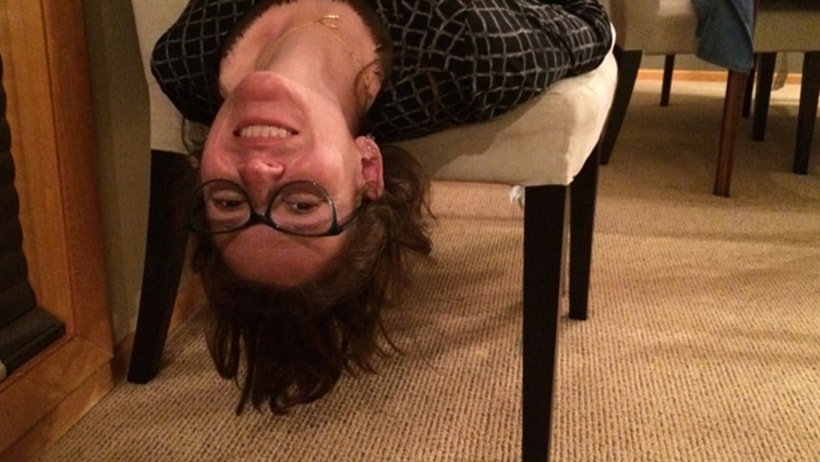Big transitions leave you changed forever. Sometimes they leave you feeling as if it would be impossible for life to continue the way it had before. For me, I can pinpoint two such transitions: one was the death of my father, and the other was birth of our daughter. When my father died almost nine years ago, my entire world stopped. Then after shiva, when it was time to rejoin the world, the world felt different. It looked different. Something as seemingly insignificant as how I used my phone was turned completely on its head for me. I was no longer tied to my cell phone for constant health updates. I also didn’t have him calling to bless me on Shabbat anymore. Instead, the new normal was me listening to several of his old blessings that were left as recordings on my voicemail and making sure to call and check in with my mom on a regular basis.

With the birth of our sweet Shiri, my world was also turned upside-down. Our hours and days were no longer our own; they were shared with her and largely based on her schedule. Travel and vacations were suddenly limited by when and how it was appropriate to travel with an infant. Transitions are an integral part of life, but the big ones bring with them new definitions of normal in abrupt and not-so-subtle ways.
The Torah has keen insights into the transitions we face and the changes they can bring to our world, especially where death and illness are concerned. At the macro level, this week’s Torah portion, Metzora, is a pause in the narrative between the death of Aaron’s sons and his mourning process and rejoining the community. The text details the healing and purification processes, and the steps include different actions for different circumstances.
Chapter 14, verse 4 begins this reintegration process with the step-by-step approach to rejoining community. The “afflicted” may move from their home outside the camp to inside the camp, but not yet return to their home in the camp. These are the baby steps, the slow reintegration approach that allows for the marking of time and space as a person comes out of a life-changing illness.
In this approach the text recognizes the “new normal” that comes after a major life event. It is in the recognition of change that we are able to emerge and move forward. The Torah recognizes that although a transition can happen quickly, adjusting to change doesn’t happen in the blink of an eye. Rather, as a community and as individuals it takes time to move forward as well as the support of those around us to reenter society. The Torah reminds us that it is not only OK, but normal and natural to have time for a transition, and that we should embrace that space as sacred before moving forward.
One thing Judaism does exceptionally well put meaning behind transitions. From Shabbat and Havdalah we get the transition from week to weekend and back. From Rosh Hashanah and Yom Kippur we get yearly check-ins with ourselves as a way of transitioning from one year to the next. From a bat mitzvah, we get the ceremonial beginning of the transition into responsible Jewish adulthood. From shiva and shloshim, we get time specifically set aside for mourning and transitioning back to the world. All of these experiences, even the death of a loved one, are part of Judaism’s life-affirming tradition of celebrating the moments in between and really living the transitions.
-Rabbi Eve Posen
Source: The New Normal – Parshat Metzora 5776 – Rabbi Eve Posen



